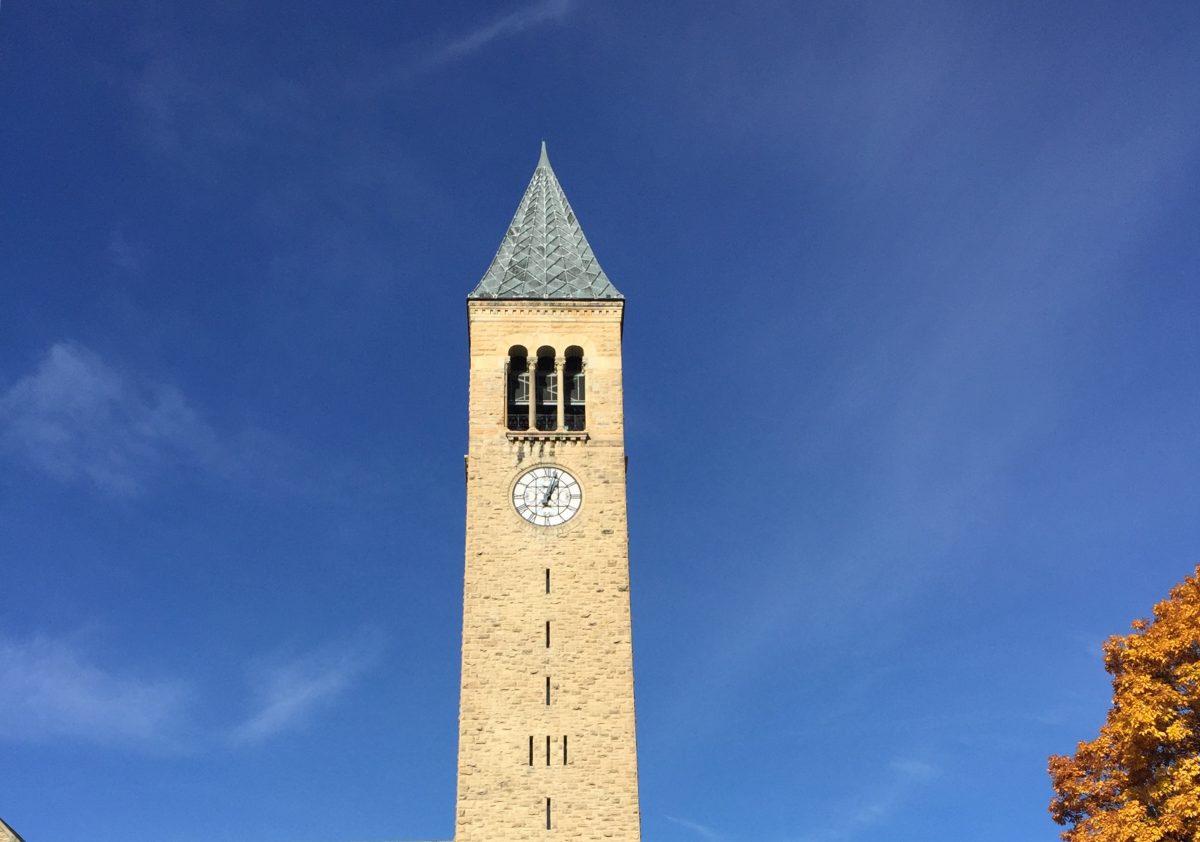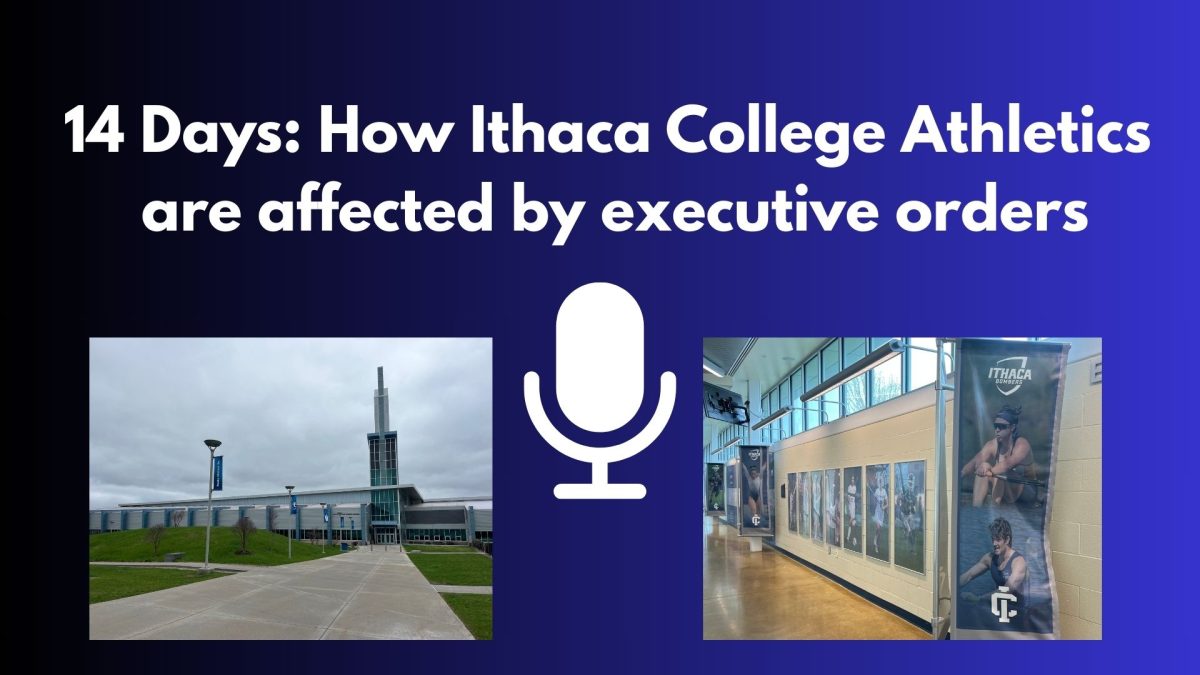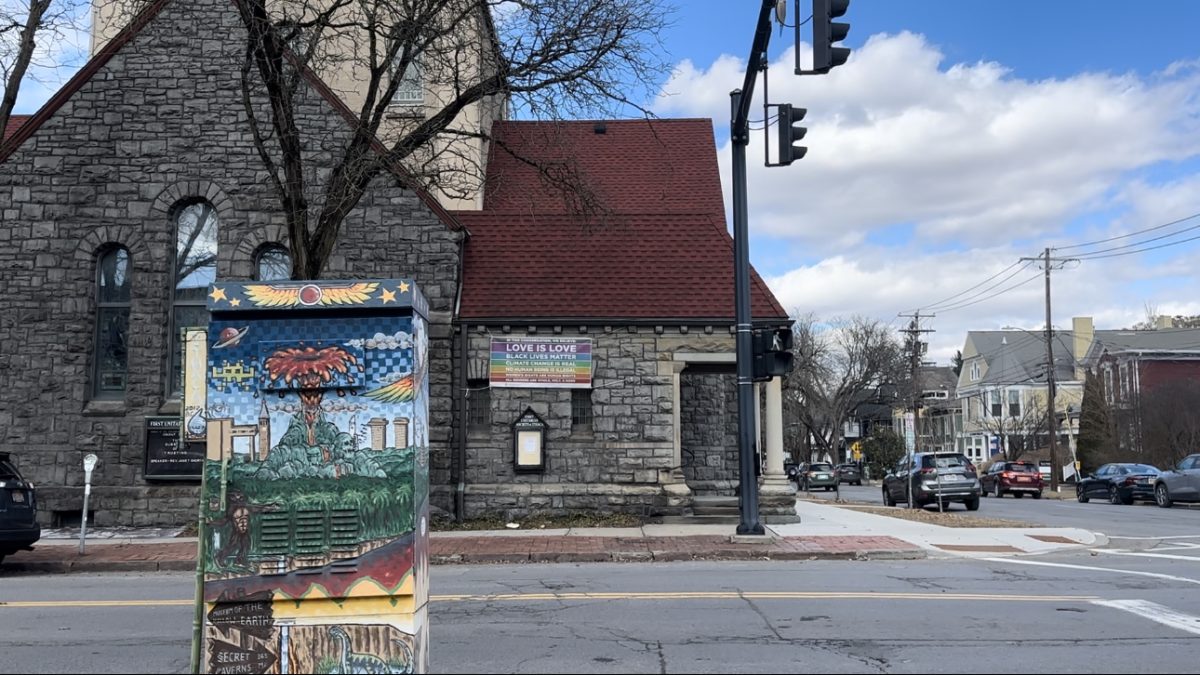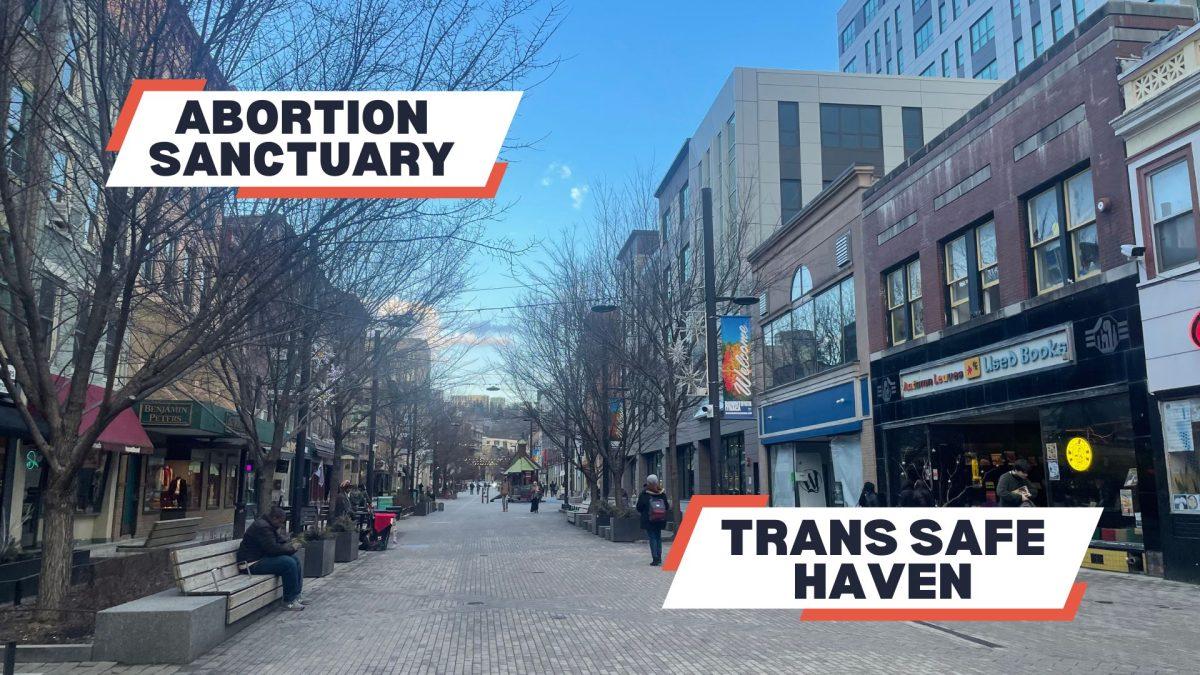Sept. 27, 2017: Facing mounting racial tensions on campus, Cornell University struggles to balance free speech and student safety.
After multiple racially-charged incidents on Cornell’s campus in the past few weeks, members of the university’s Student Assembly are calling on the administration to issue a meaningful response that will prevent future attacks on students of color and live up to the school’s claims to valuing a diverse community.

One incident involved students shouting “build a wall” outside of the Latino Living Center on campus, and a few days later a black Cornell student was verbally harassed by a group of white students, which turned into a physical altercation that left him injured with a concussion.

Cornell’s Black Students United issued a statement in response to the altercation: “The aftermath of the incident on Friday serves to remind the black population at this school that we are nothing but tokens, paraded around yet never protected.”
Resolution 8 “Condemning Hate Crimes and Hate Speech, and Supporting Students”, which was passed at last Thursday’s Student Assembly meeting, calls for “all members of the Cornell community to consider how to best heal these harms, and how best to accord all members of our community the equal dignity and respect due to them as our peers.” It also recommends the university make amendments to the Campus Code of Conduct to tighten regulations on verbal harassment, and to better protect students from these kinds of attacks in the future.
The topic of defining and restricting hate speech is a controversial one. But the intent of Resolution 8 is not to attempt to define hate speech, according to lead sponsor Mayra Valadez. Rather, the resolution is a student-sponsored challenge to the university leadership to write policy that better protects students from verbal and physical violence — especially on the basis of race or ethnicity.
“The resolution calls on the Codes and Judicial Committee, which has the ability to amend the Code and then have that go to the president for approval. Our body does not have that ability, and first of all I don’t think we’re qualified enough to come up with that language, but we’re also students at the end of the day. We’re not legal experts.”

Sarah Park, the Student Assembly’s Vice President of External Affairs, said there are clear issues with “diversity” on Cornell’s campus.
“Cornell loves saying this is the most diverse we’ve ever been… but clearly there are problems that we have on campus, and I think the administration and us as students really need to make an effort to make that a reality, because right now its just not showing.”
Valadez says there is a “huge need” for a conversation about how marginalized minority students are protected by Cornell University.
Cornell president Martha Pollack joins many other university presidents in her reluctance to add language to the Campus Code of Conduct that regulates “hate speech,” because of the risk it poses to free speech rights.
“She made clear that she supports BSU (Black Students Union) and she wants to do anything in her power to make sure stuff like this won’t happen again. At the same time… she said she ardently supports free speech and she understands why usually no other university has a hate speech provision in the code, or the equivalent. Because often times it harms the people it’s supposed to benefit.”
Park described Pollack’s initial reaction as “responsive,” but also recognized that it fell short of many students’ expectations.
To avoid the slippery slope of defining hate speech, Park said one possibility is to include a provision in the Code prohibiting “intimidation speech” — specifically the intimidation of minority groups.
Resolution 8 sponsor and Student Assembly member Matt Indimine ’18 said the high number of public statements that the body has had to write in the past year in response to “horrific” events both on campus and throughout the country is troubling. He believes that the current political leadership is emboldening the individuals who committed these recent verbal and physical attacks on students of color.
“I 100% think that our political climate right now is driving all of this… it is empowering them in a way and making it seem okay in society. I don’t know why this perception is being fed into, even at Cornell.”
Follow me for continued updates on the response to Resolution 8 at Cornell University.













